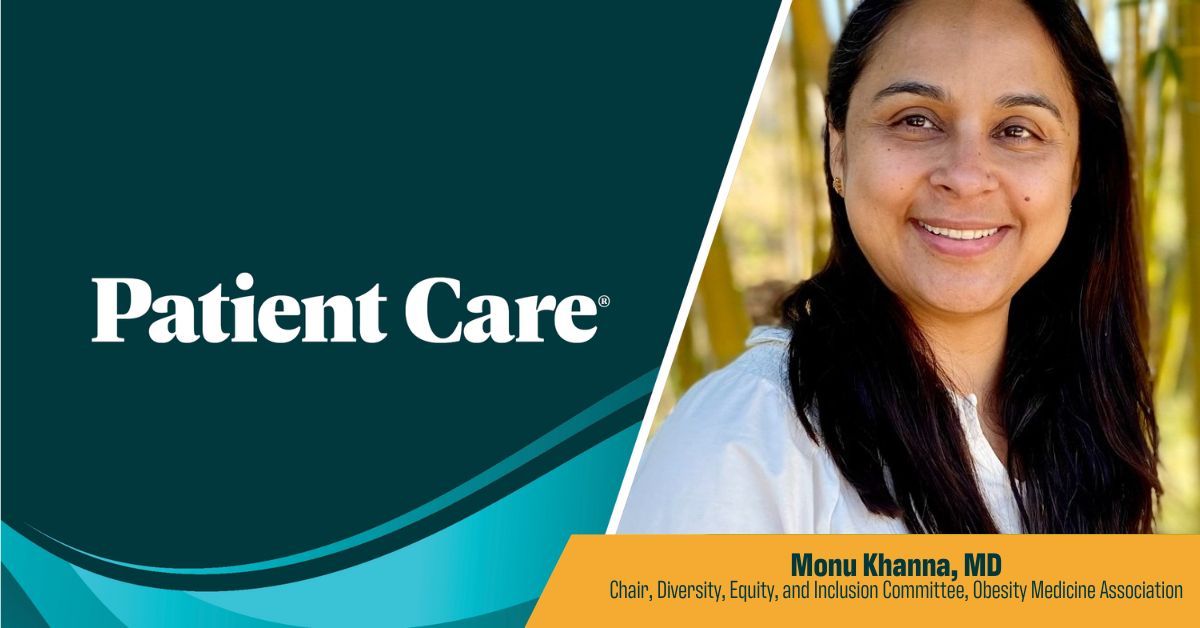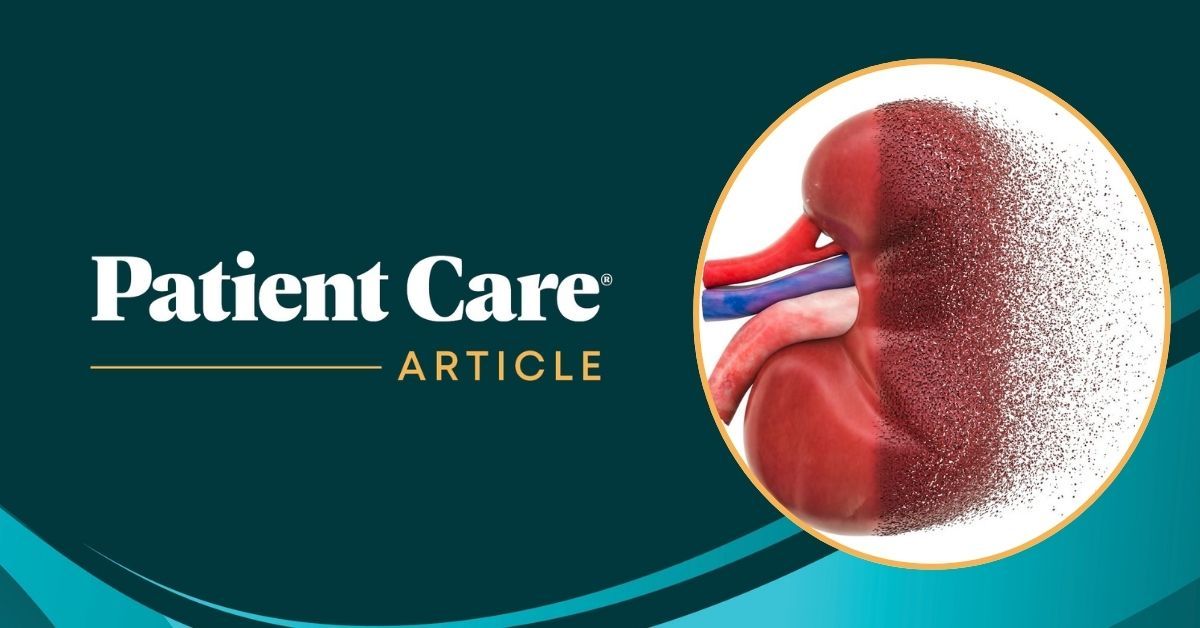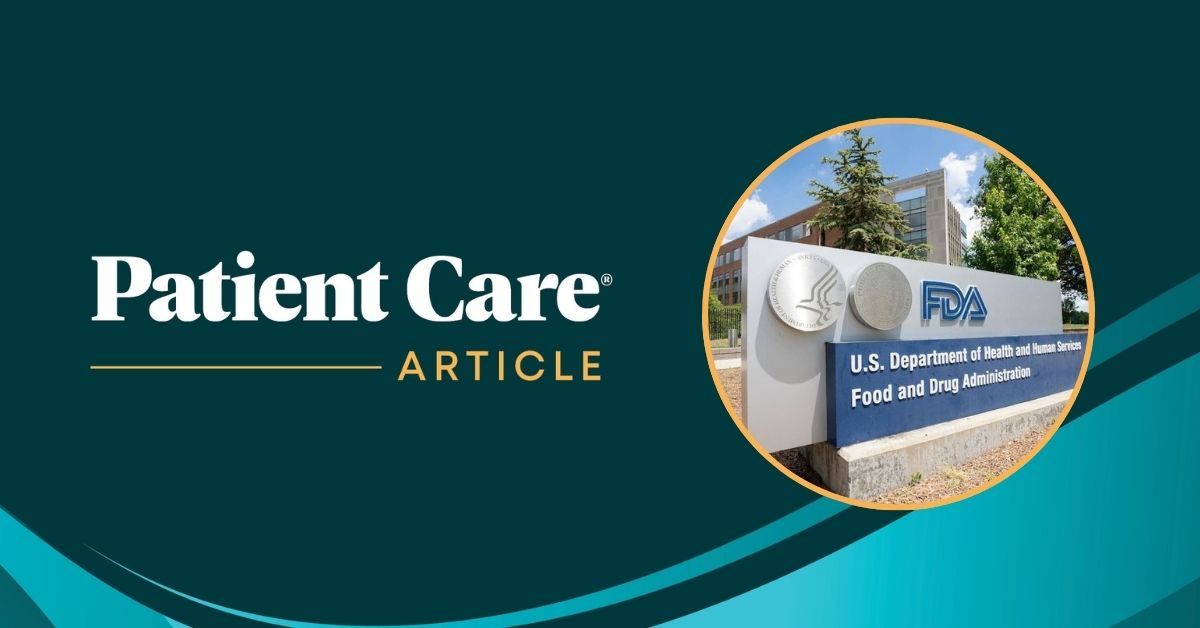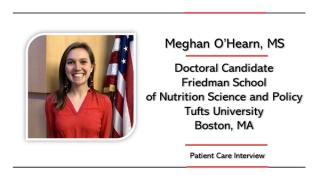
Cardiology
Latest News
Latest Videos
Shorts

CME Content
More News

Phase 3 LIBerate data showed sustained LDL-C reductions of 60% or more in high-risk patients and 50% or more in HeFH, with once-monthly self-administration.

Phase 3 results showed durable conversion benefits with a favorable safety profile, informing real-world management of acute PSVT outside of emergency settings.
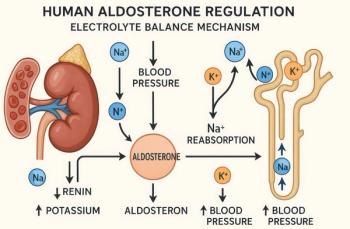
The Priority Review decision is based on phase 3 results showing consistent SBP reductions across uncontrolled and treatment-resistant hypertension subgroups.

New data reveals evolocumab significantly reduces long-term major cardiovascular event risks in ASCVD patients, enhancing treatment strategies for better outcomes.

Topline data show the factor XIa inhibitor cut ischemic stroke risk without increasing ISTH major bleeding, pointing to a possible new option for secondary prevention.

New research reveals that caffeinated coffee significantly reduces the recurrence of atrial fibrillation, challenging long-held medical advice.

A 2-fold rise in pediatric hypertension over 2 decades and new long-term imaging data signal a need to rethink how early clinicians act on elevated BP.

Northwestern University unveils a groundbreaking online tool that helps younger adults understand their 30-year cardiovascular disease risk through percentile rankings.

A new study reveals that the Preventive Health Inventory enhances diabetes and hypertension management among veterans without increasing hospitalizations.

Individuals who have chronic widespread pain showed a 75% increased risk of developing hypertension compared to fellow UK Biobank participants who were pain-free.
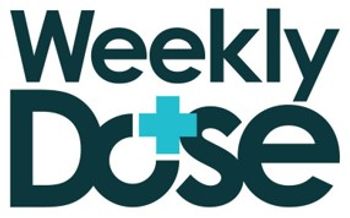
Topics include rideshare support for colonoscopy, rt-CGM benefits in GDM, semaglutide and food noise, vaccine views, and MI etiology.

Research reveals metformin's potential to enhance sinus rhythm stability post-ablation for AF in adults with obesity, independent of weight loss.

The TARGET-D trial found targeted vitamin D dosing post-MI didn’t lower MACE but reduced recurrent MI risk, supporting individualized serum-level management.

Merck's oral PCSK9 inhibitor enlicitide demonstrated antibody-like LDL-C lowering in adutls with HeFH with safety profile similar to placebo in phase 3 trial.

The findings showed evolocumab reduced risk of first major MACE by 25% and risk of first MI by 36%. Full study findings are published in NEJM.

Nearly 40% of REDEFINE 1 participants taking antihypertensive medications reduced or discontinued their blood pressure drugs during the trial, Novo Nordisk reported.
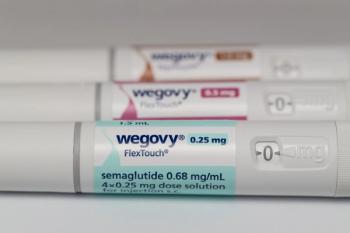
Novo Nordisk’s STEP UP trial shows semaglutide delivers 21% weight loss and reduces key cardiovascular and metabolic risk factors in obesity management.

Women experience greater CR mortality benefits than men yet have 36% lower enrollment. New AHA statement addresses barriers across the care continuum.

Three-biomarker panel independently predicted cardiovascular events over 20 years in European cohort, with highest risk when all 3 were elevated.

The rate of AF recurrence was reduced significantly and participants also experienced improvements in self-reported AF severity as well as improved cardiometabolic measures.

In a subanalysis of the SELECT trial, semaglutide was associated with reduction in MACE across weight and waist circumference categories, independent of body fat.

Your daily dose of the clinical news you may have missed.
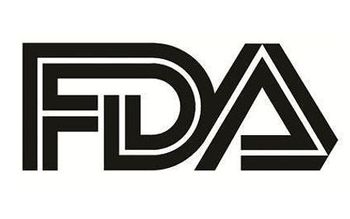
The first FDA-approved oral GLP-1 receptor agonist received an expanded indication for both primary and secondary prevention in T2D patients at elevated CV risk.
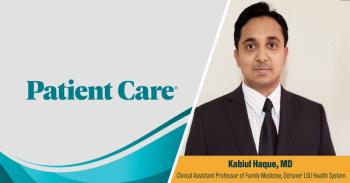
A family medicine physician shares a case of massive PE presenting as syncope and explains the history questions that prevent missed DVT diagnoses in primary care.

Primary care physicians enhance early detection and management of vascular diseases, emphasizing patient history, screening, and strong relationships for better outcomes.

